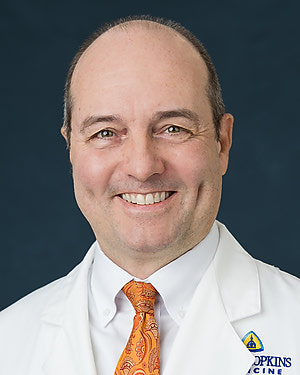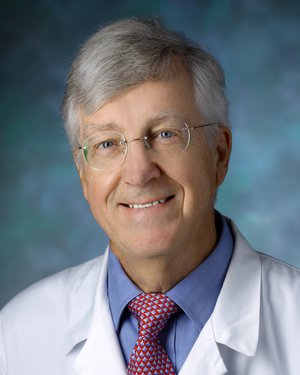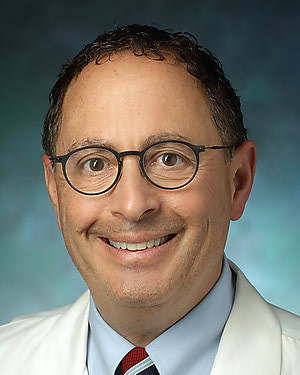Research Lab Results
-
Gail Geller Lab
The Gail Geller Lab primarily conducts empirical quantitative and qualitative research on the ethical and social implications of genetic testing in the adult, pediatric and family contexts. We have focused on clinical-patient communication under conditions of uncertainty; professionalism and humanism in medical education; cross-cultural variation in concepts of health and disease; and clinician suffering and moral distress. We explore these topics in a range of health care contexts, including genomics, complementary and alternative medicine (CAM) and palliative care. Our researchers have a longstanding interest in medical socialization, provider-patient communication under conditions of uncertainty and cultural differences in attitudes toward health and disease. We also explore the intersection of CAM and bioethics, as well as the role of palliative care in chronic diseases, such as muscular dystrophy and sickle cell disease.
-
Zackary Berger Lab
The research mission of the Zackary Berger Lab is to bridge evidence-based medicine and shared decision-making in the context of patient-centered care. Lab studies investigate how to accomplish this in the common case of uncertainty, while seeking to clarify the ethics of decision-making and empirically describe how shared decision-making is and should be done. Zackary Berger, MD, PhD, is an assistant professor in the Division of General Internal Medicine at the Johns Hopkins School of Medicine. In addition to his work as an internist and primary care physician, Dr. Berger is an associate faculty member in the Berman Institute of Bioethics, and core faculty in the Evidence Based Practice Center as well as the Center for Health Services and Outcomes Research.
-
Mark Hughes Lab
Research in the Mark Hughes Lab focuses on clinical and research ethics as well as clinical bioethics, ambulatory care, philosophy of medicine and palliative care.
-
Peter Terry Lab
Work in the Peter Terry Lab deals primarily with ethical questions surrounding patientsÕ end-of-life care and decision making. We explore topics such as family involvement in health care decision making, informed consent in clinical medicine and effectiveness of palliative support care. Our team has investigated the development and validation of a family decision-making self-efficacy scale. Our research has also included exploring the ethics around the allocation of lifesaving resources during a disaster.
-
Joseph Carrese Lab
Research in the Joseph Carrese Lab focuses on clinical ethics and professionalism, with a particular interest in medical education and examining ethical issues in the context of cultural diversity. We collaborate with colleagues to design, implement and evaluate educational curricula addressing ethics and professionalism issues in clinical practice.
-
Jeremy Sugarman Lab
Research in the Jeremy Sugarman Lab focuses on biomedical ethics—particularly, the application of empirical methods and evidence-based standards to the evaluation and analysis of bioethical issues. Our contributions to medical ethics and health policy include work on the ethics of informed consent, umbilical cord blood banking, stem cell research, international HIV prevention research, global health and research oversight.
-
Ruth Faden Lab
Research in the Ruth Faden Lab focuses on biomedical ethics and health policy. Our specific areas of interest include justice theory; national and global challenges in learning health care systems, health-system design and priority setting; access global investments benefits in biomedical research; and ethical challenges in biomedical science and women’s health.
